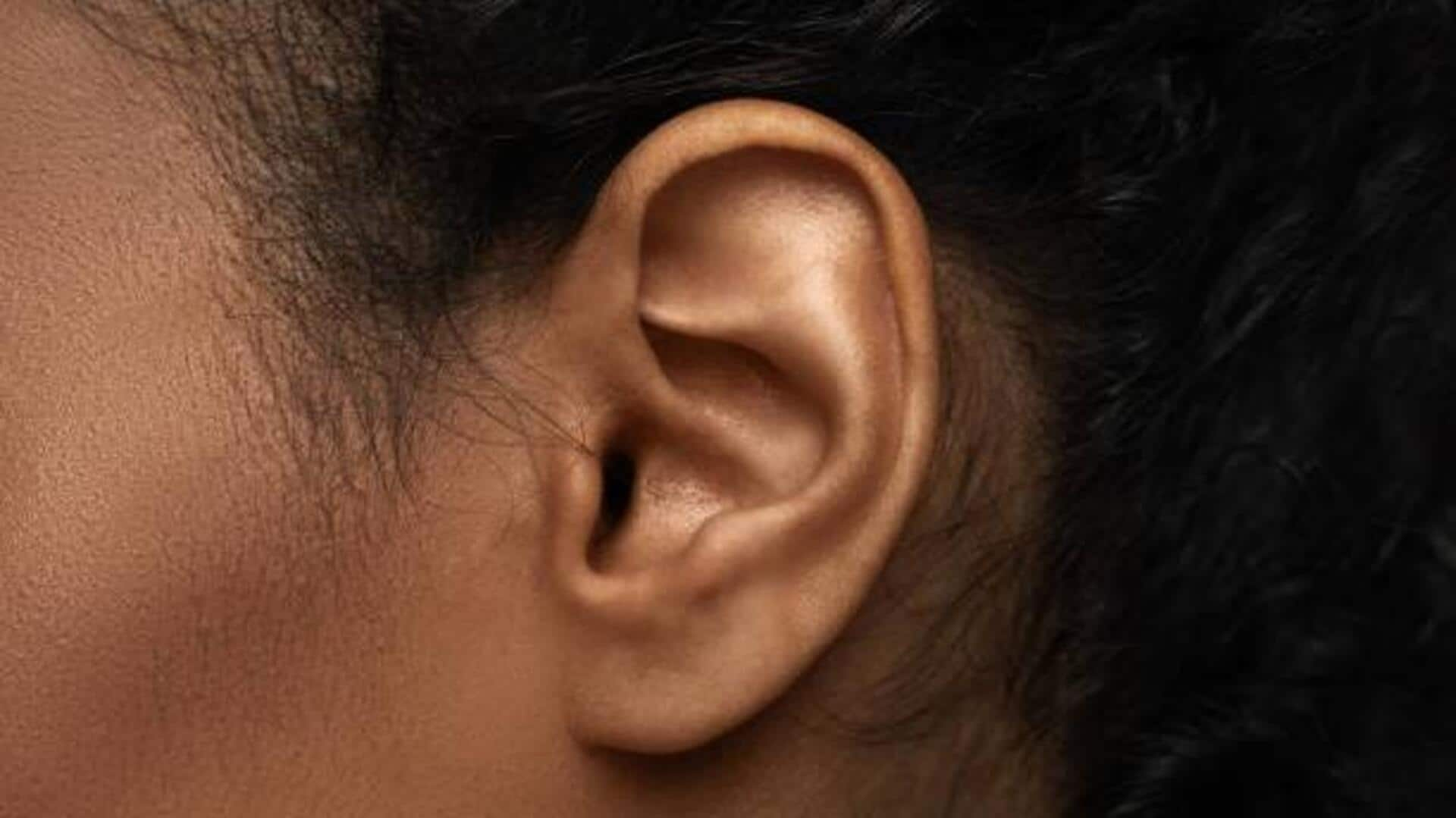
Women hear better than men regardless of age, study says
What's the story
A recent global study, led by Dr. Patricia Balaresque from Paul Sabatier University in France, has revealed that women have better hearing abilities than men. The research team initially hypothesized that age would play a major role in cochlear sensitivity, but their findings contradicted this. "Our findings show that hearing amplitude is more influenced by sex than age," the researchers stated, noting women's average two-decibel higher sensitivity across all studied populations.
Research methodology
Study involved diverse global participants
The study included a diverse cohort of 450 participants from 13 different countries, including those from rural communities and other underrepresented backgrounds. The researchers conducted hearing tests to determine cochlear sensitivity using Transient-Evoked Otoacoustic Emissions (TEOAE). This technique measures soft sounds that the inner ear produces naturally when it hears a brief sound, such as a click or tone.
Environmental impact
Environmental factors also influence hearing sensitivity
The study discovered that environmental factors play a major role in an individual's ability to hear sounds of different frequencies. "People living in forest areas had the highest hearing sensitivity and those living at high altitudes having the lowest," the authors explained. The research also highlighted differences between urban and rural residents, with city dwellers being more attuned to higher-pitched sounds due to constant exposure to low-pitched traffic noise.
Gender impact
Gender differences in cochlear sensitivity
The study consistently found that women outperformed men in hearing tests across all groups. In some populations, women's hearing was 6kHz sharper than men's. The researchers suggested this could be due to hormonal exposure during development or slight structural differences in cochlear anatomy between the sexes. "We don't really know why this might be," said Professor Turi King from the University of Bath, one of the study's authors.